One of the greatest joys of working in the Early Years is seeing the children play, interact and learn. The foundation for much of this learning is language.
Without a good strong home language, many children struggle to develop the skills which are key to future learning and social and emotional development.
Good practice to support language is therefore absolutely core to high-quality provision. Research on language development emphasises the importance of quality talk with children as a key predictor of positive outcomes.
It involves interacting with children in a way that includes their interests, ensures they can understand and engage, whilst extending their language further.
This approach is important for all children, though crucial for children who start school with language difficulties; children who maybe don’t have a well-developed vocabulary, who may struggle to understand or use their language for making their needs known, having conversations or supporting their learning.
These children often need further opportunities to learn language.
In some areas, large numbers of children are starting school with these difficulties and can benefit enormously from structured language teaching in small group interactions.
However, with so many pressures on early years practitioners, it can be difficult to design and plan these approaches.
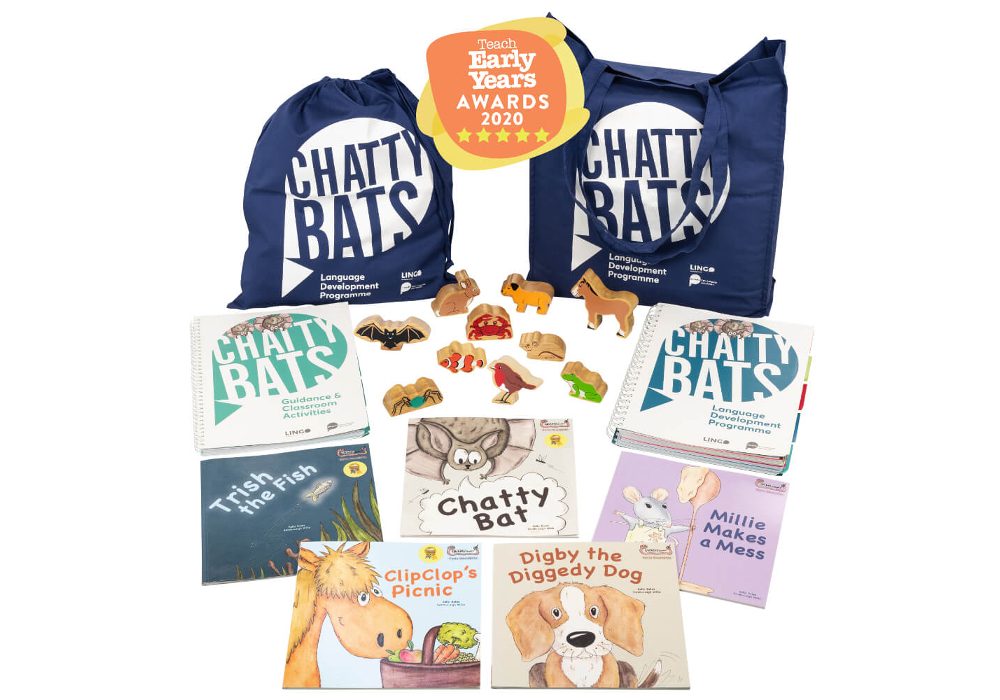
The Chatty Bats programme aimed to do this work for practitioners. It was developed by Wendy Lee at LINGO in response to the growing speech, language and communication needs seen in the schools and settings we were working with.
We wanted to create something with a strong evidence base, easy for staff to implement, engaging and interactive for the children, and of course, resulted in positive outcomes.
According to the research, the impact of sharing books and stories with young children can be incredibly far reaching.

However, the research also tells us that for children with language difficulties, sharing stories alone is not enough.
They need something extra; they need those story sharing opportunities to be interactive, for adults to link new words and ideas to things that are meaningful for them.
They need more time to process, facilitated by adults “pause reading”.
They also benefit from props, such as visual reminders and puppets that can really help these children to bring the story and ideas in it alive.
We used this robust research on dialogic reading as a foundation for the programme. We discovered the Clickety Books stories - the children loved the bright and engaging characters and were incredibly responsive to the rhythm and rhyme built into the books.
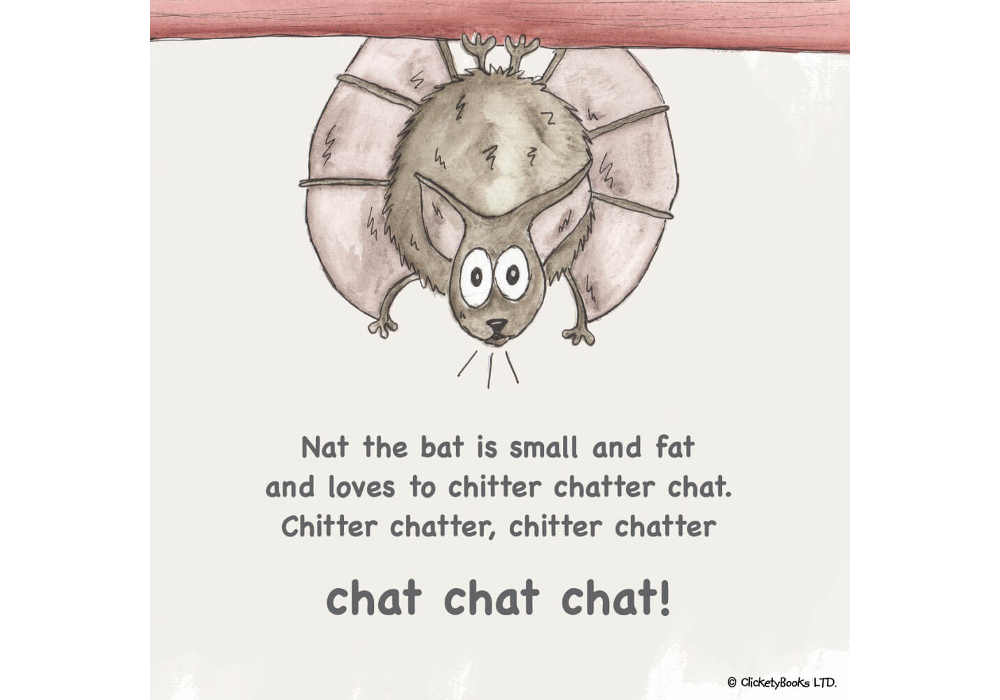
Clickety books were the perfect basis for the fun and interactive programme of work we were aiming for. They had in built phonological awareness running throughout, plus wonderful characters that were a brilliant springboard for games and activities designed to reinforce language.
We worked with our schools and settings, trying out what worked best for the children and tweaking activities until they worked well for staff and pupils.
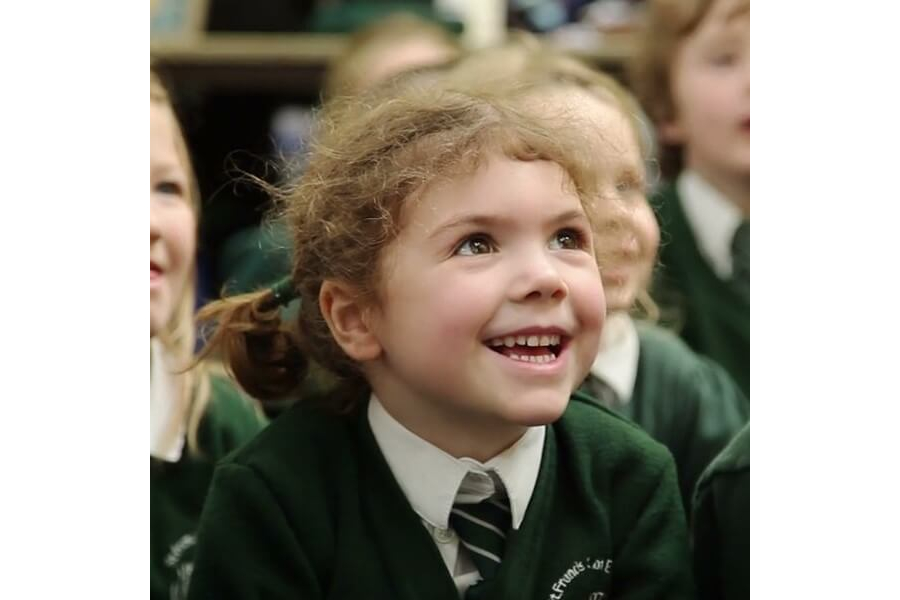
We also worked with schools to think about how practice in small group sessions could spill out into continuous provision. Activities for the classroom were developed, linking key words from the story books to activities that would take place in continuous provision.
Settings requested ideas on how to share this important information with parents, so a set of activities, linked to the stories were included.
All the activities included picture materials, with artwork from the stories and puppets of the characters to facilitate the engagement and interaction needed from the children.
The final programme of work is based around 5 of the Clickety Early Soundplay stories, with 30 sessions and over 40 additional activities for whole class and for parents.
It includes lots of additional guidance and information on language development. Most recently, we have developed online training to support staff development in using the intervention.
Initial outcomes for the children were incredibly positive. They loved the books and activities and often requested to “go play Chatty Bats”.
Most importantly, the children made good progress with their language. The programme was used in a large project in over 50 early years settings, with over 120 children completing the programme. 75% of schools judged the highest rating of “good impact” on children’s outcomes.
In addition, a small sample of children measured on the standardised Preschool CELF show an average progress of 14 months in receptive language and 7.5 months in expressive vocabulary.
Chatty Bats is now award winning! The judges’ comments were lovely, and we were delighted to have won as a 5 star winner of the Communication, Language and Literacy category within the Teach Early Years Awards 2020.
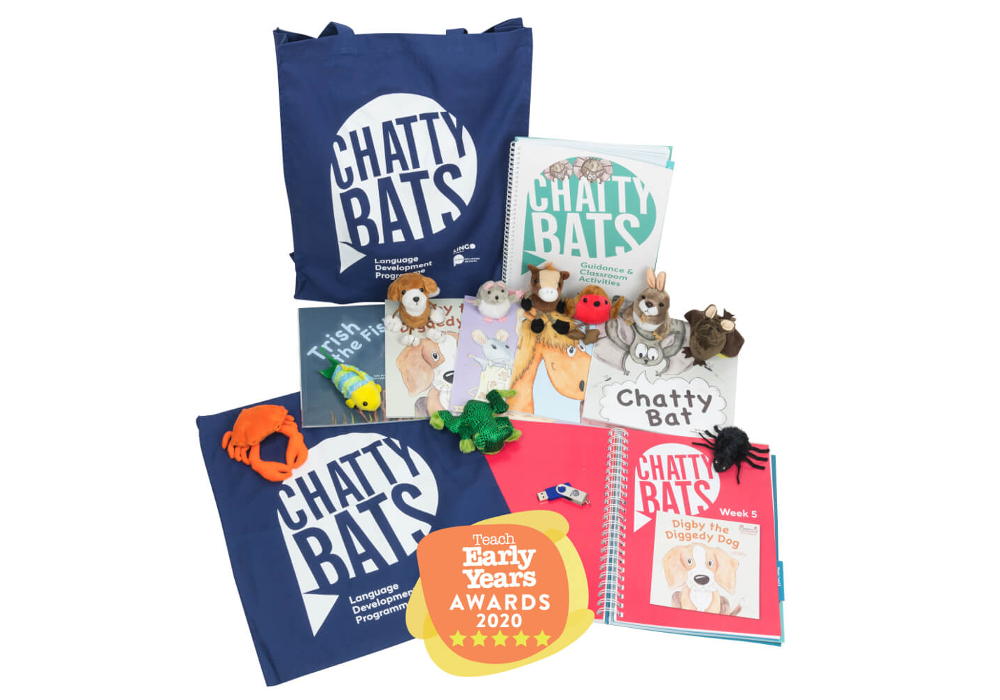
“The resource is well designed, professionally produced and includes all the resources you would need for the approach. This is an impressively comprehensive resource for any early years setting or classroom.”
Teach Early Years Awards judge
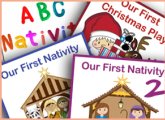
Super Simple Nativity Plays
Ace-Foundation-Stage-Leader
